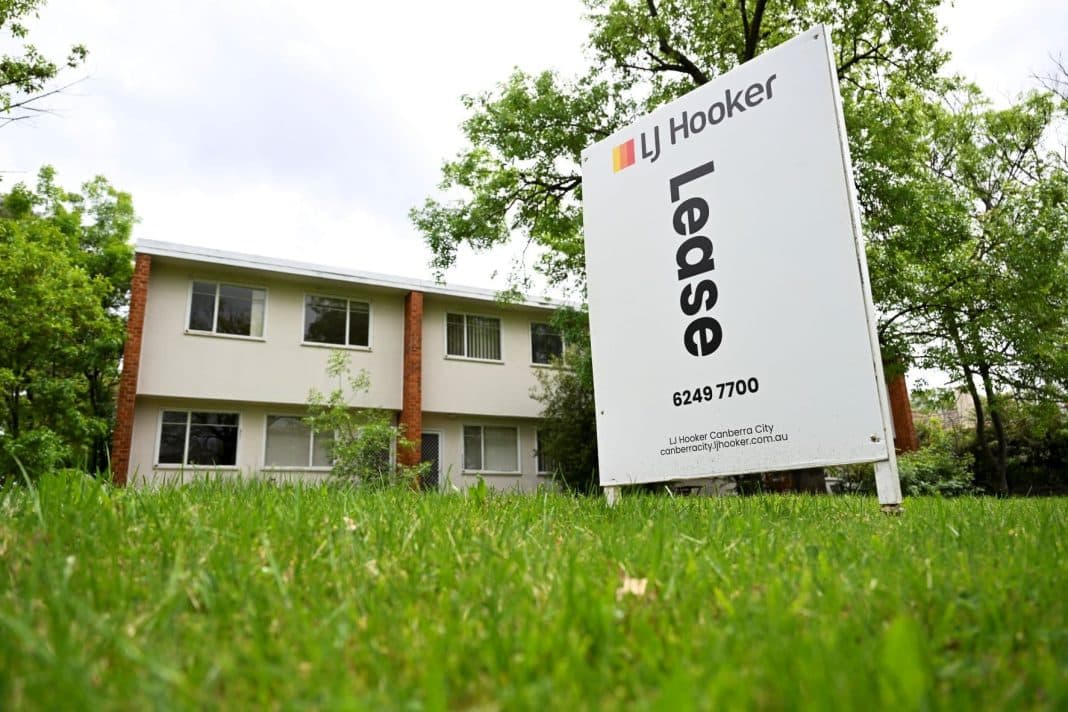Data breaches have been front-page news recently, prompting the question: how secure is our personal information in the hands of companies?
One sector holds a significant amount of personal data that would be detrimental if subjected to a cyber-attack – real estate.
Dr Chris Martin, Senior Research Fellow from the UNSW City Futures Research Centre, says the vast amount of sensitive personal information that real estate agents and landlords collect is of “significant concern”.
He says it’s now time for governments to regulate data collection in the rental sector.
“They’re collecting a lot more personal information, with arguably not a whole lot of purpose behind it,” says Dr Martin.
“It’s a big risk if all of that information falls into the wrong hands.”
The standard documentation asked when dealing with a real estate agent – multiple identification documents, bank statements, utility bills, employment details, and rental history – are more than enough to falsify an identity, explains Dr Martin.
“The sorts of questions being asked in tenancy applications are getting more intense,” he says. “Applicants might not want to hand over that level of information because of privacy concerns, but they’re in a position where they have little choice.”
Dr Martin believes the issue stems from a gross lack of regulation over the amount and type of information that property managers can ask their tenants to provide.
Few restrictions are placed on what agents can collect in most states and territories bar Victoria, which passed recent amendments to the Victorian Residential Tenancies ACT restricting landlords asking about certain information, citing discrimination laws.
“It’s not just a matter of protecting tenants’ data from hackers; it’s an issue for housing access,” says Dr Martin.
“Questions about source of income, social security recipient status, and whether you’ve applied for social housing can be used to deny you a tenancy, and it’s not unlawful and not regulated in any jurisdiction.”
Signalling additional concern about the amount of data collected by agents is the Real Estate Institute of Australia, who support better guidelines on what information can and should be asked of tenants.
But, Mr Martin says, the fear of reputational damage on the agent’s behalf is not enough to address privacy concerns.
One proposed solution is to review the tenancy application process and develop prescribed questions as a baseline for all applications.
Currently, the majority of prospective renters are referred to one of the online application platforms, which increases the risk of a data breach.
The most popular form across Australia is Ignight – formally known as 1Form – which is majority owned by News Corp.
There’s an additionally strong case for some modest regulation of landlords, too, Dr Martin thinks.
“We have registries in other parts of our rental housing system, like the boarding house and residential parks sectors, so it’s not without precedent,” he says.
“Other countries also have registration requirements for landlords, like some parts of the UK, which have some requirements around the education of landlords.
“It would give necessary information for policymakers about who is entering the sector and give tenants some reassurance there’s some visibility of their landlord’s history and conduct – good and bad.”
Overall, tenancy reforms would help reduce the power imbalance between landlords and tenants, Dr Martin believes.
“In tight markets, as we’re seeing in Australia now, landlords and agents feel they can ask for more and more,” he says.
“The fact it always happens that way – that it’s landlords and agents extracting more and more from tenants – shows how asymmetric the relationship is and why we need stronger residential tenancy laws.”
Get all the latest Canberra news, sport, entertainment, lifestyle, competitions and more delivered straight to your inbox with the Canberra Daily Daily Newsletter. Sign up here.



